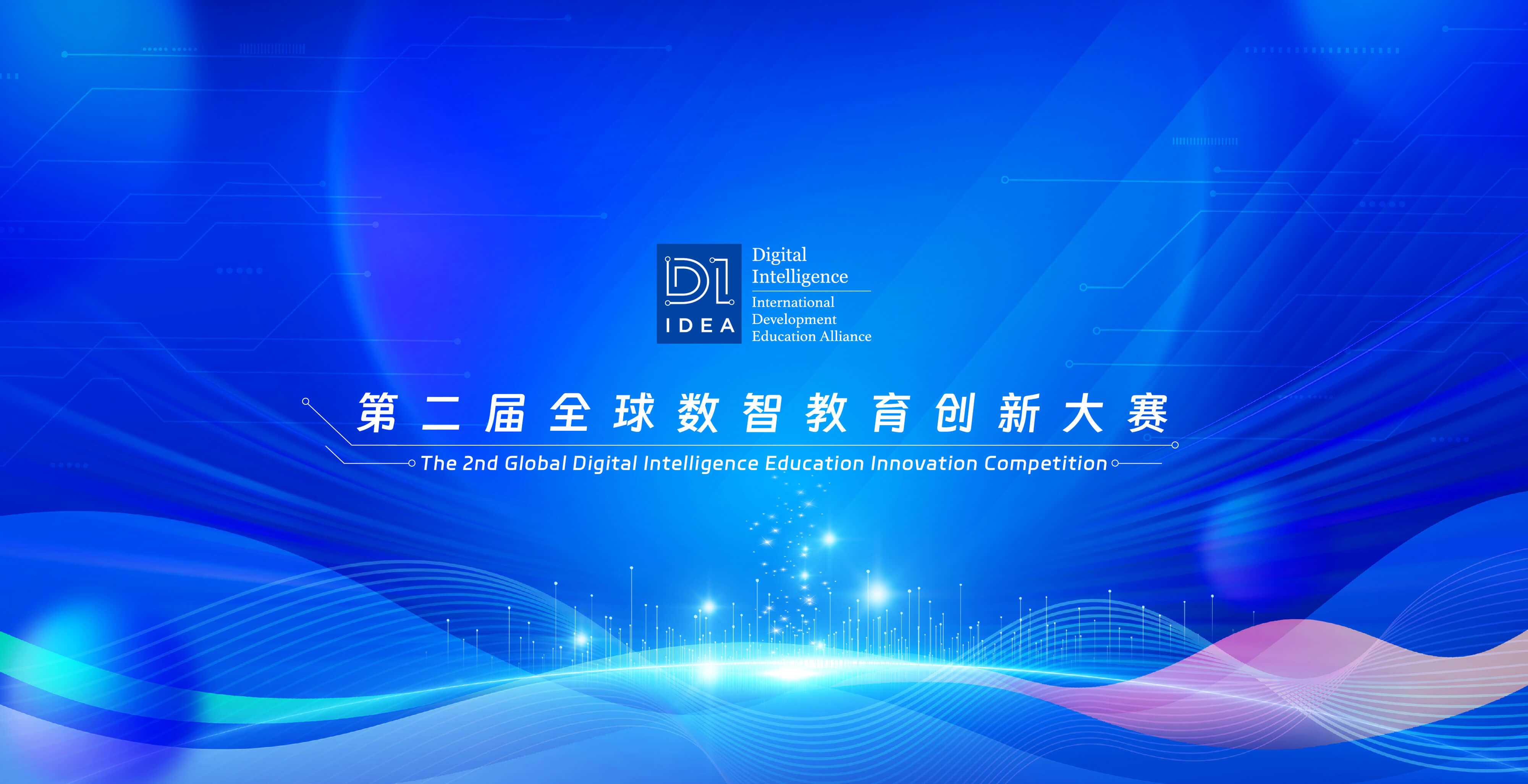In response to the new opportunities and challenges presented by the digital intelligence era to global higher education, Peking University has collaborated with 34 universities worldwide to establish the Digital Intelligence International Development Education Alliance (DI-IDEA). Pursuant to the arrangements made by the Alliance, we are pleased to announce the launch of the Global Digital Intelligence Education Innovation Competition.
This competition aims to enhance communication and collaboration among member universities of the Alliance and extend these interactions to include other universities worldwide.
Through this competition, we seek to promote teaching and learning and explore new paradigms for the nurturing of innovative talent for the digital intelligence era. The competition is divided into Al for Science, Al for Education, and Al for Learning.


